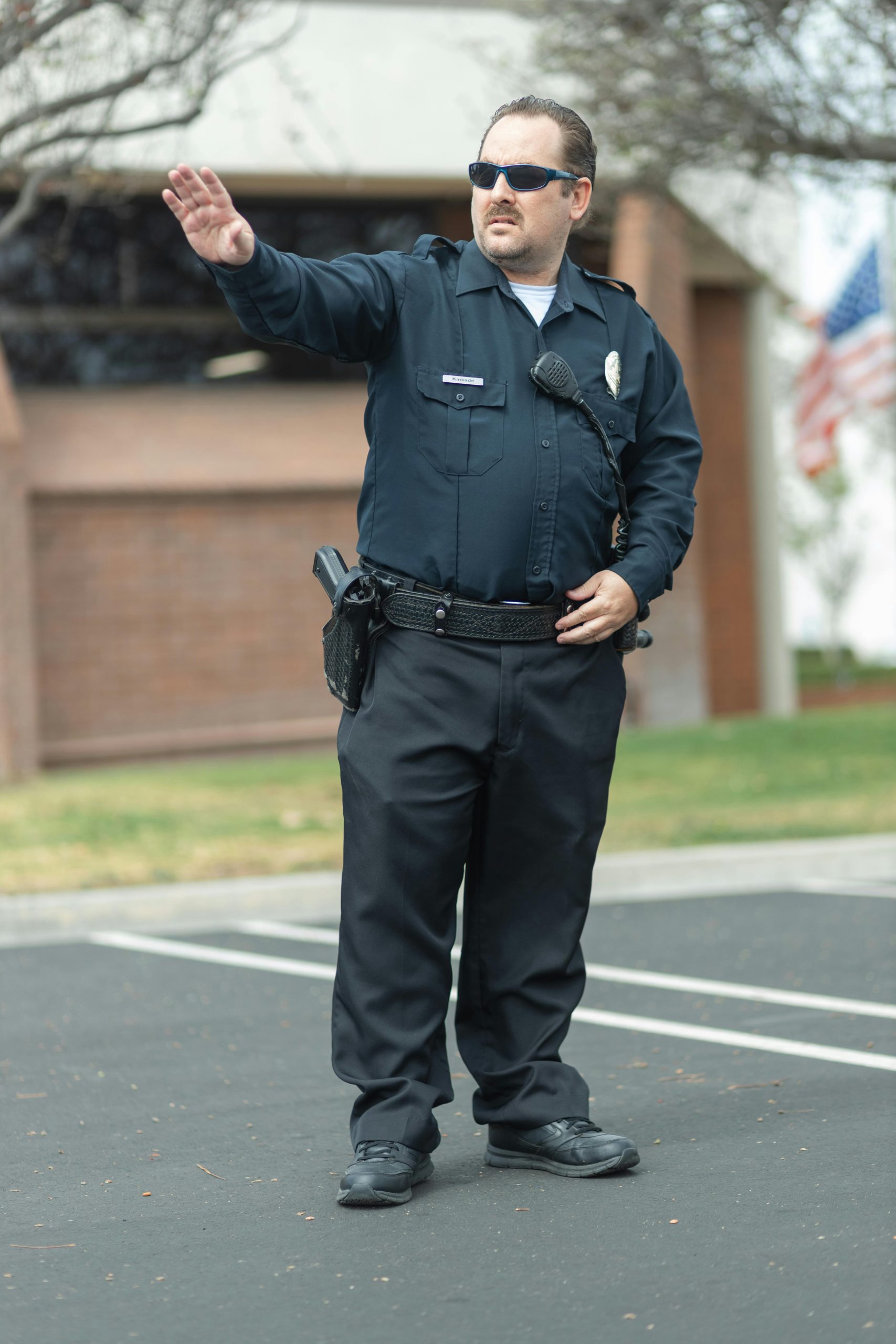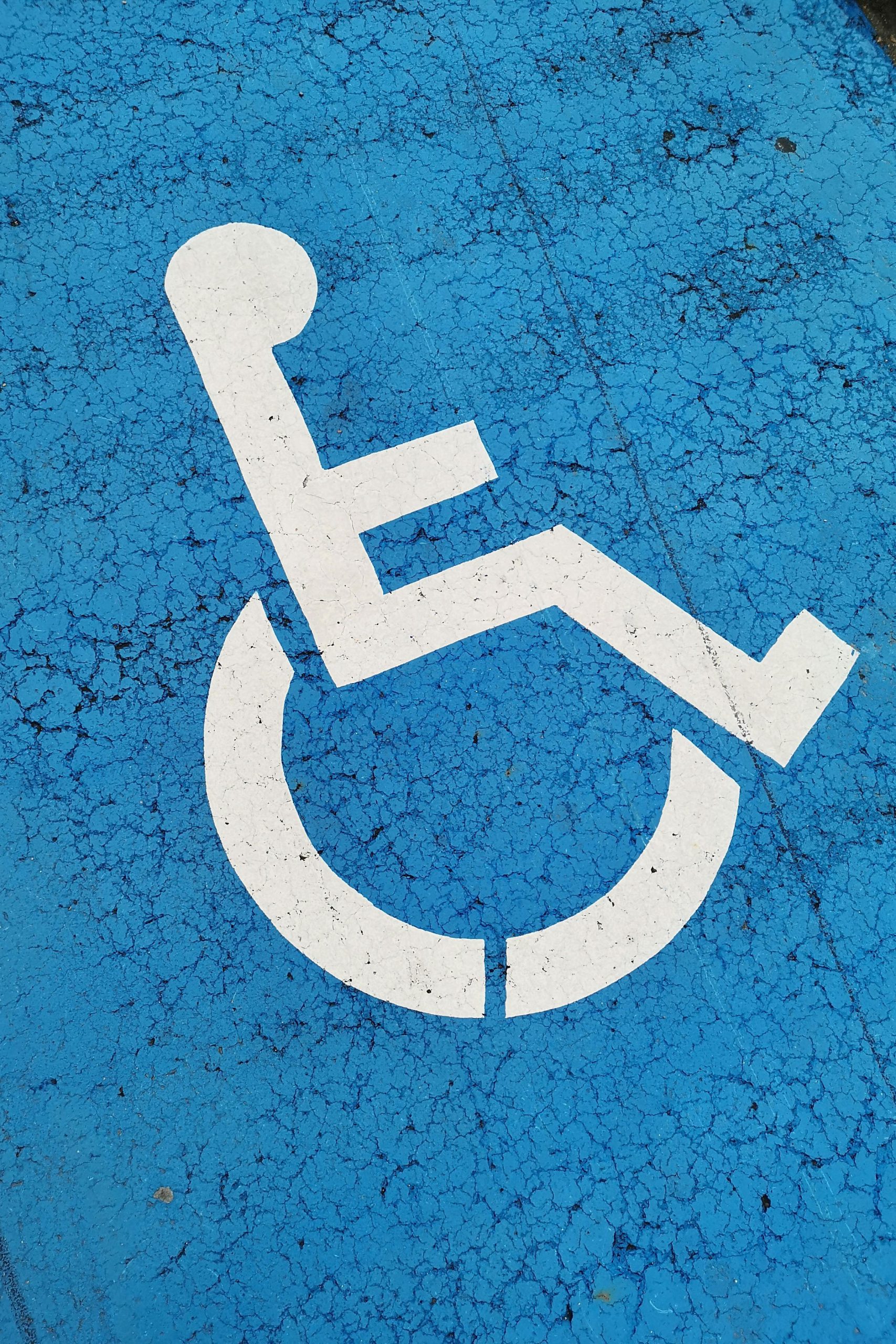 In a recent Louisiana lawsuit, a woman’s attempt to sue her ex-husband for damages related to alleged domestic abuse during their marriage was initially blocked by the doctrine of res judicata. However, the Court of Appeal reversed that decision, shedding light on the limits of res judicata in cases involving spousal abuse.
In a recent Louisiana lawsuit, a woman’s attempt to sue her ex-husband for damages related to alleged domestic abuse during their marriage was initially blocked by the doctrine of res judicata. However, the Court of Appeal reversed that decision, shedding light on the limits of res judicata in cases involving spousal abuse.
In Hoddinott v. Hoddinott, the plaintiff (wife) filed a tort lawsuit against her ex-husband seeking damages for intentional infliction of emotional distress stemming from alleged domestic abuse during their marriage. The defendant (husband) argued that the wife’s claims were barred by res judicata, as they should have been raised during the divorce proceedings. The trial court initially agreed and dismissed the wife’s lawsuit. However, the Court of Appeal reversed this decision.
The Court of Appeal focused on two key points:
 Insurance Dispute Lawyer Blog
Insurance Dispute Lawyer Blog


 The Louisiana Court of Appeal recently reversed a decision of the Civil Service Commission (CSC) that upheld the termination of a public employee for gambling while off-duty. The case involving Carnell Collier, a Quality Assurance and Safety Inspector for the Sewerage and Water Board of New Orleans (
The Louisiana Court of Appeal recently reversed a decision of the Civil Service Commission (CSC) that upheld the termination of a public employee for gambling while off-duty. The case involving Carnell Collier, a Quality Assurance and Safety Inspector for the Sewerage and Water Board of New Orleans ( A recent
A recent  In the recent Louisiana Court of Appeal, Third Circuit, decision of
In the recent Louisiana Court of Appeal, Third Circuit, decision of  Patricia Spann’s life took a dramatic turn when she lost control of her Chevrolet Cobalt, resulting in a severe accident that left her with multiple fractures and a lengthy hospital stay. She believed the cause of the accident was a faulty power steering system, recently replaced by Gerry Lane Chevrolet as part of a recall. Spann sued Gerry Lane, alleging negligence in the repair and the hiring and training of their mechanics.
Patricia Spann’s life took a dramatic turn when she lost control of her Chevrolet Cobalt, resulting in a severe accident that left her with multiple fractures and a lengthy hospital stay. She believed the cause of the accident was a faulty power steering system, recently replaced by Gerry Lane Chevrolet as part of a recall. Spann sued Gerry Lane, alleging negligence in the repair and the hiring and training of their mechanics. Sometimes, being a passenger in a car can be a frustrating and disturbing experience. This is especially true when actions beyond the passenger’s control, such as being involved in a collision, put his or her life in danger. When such a situation arises, the injured passenger will, understandably, seek compensation from the responsible party. However, if the person who caused the accident leaves the scene and is never apprehended by law enforcement, an injured person may turn their attention elsewhere for financial compensation. Such a situation arose following a car accident on a stretch of highway between Jennings and Lafayette, Louisiana.
Sometimes, being a passenger in a car can be a frustrating and disturbing experience. This is especially true when actions beyond the passenger’s control, such as being involved in a collision, put his or her life in danger. When such a situation arises, the injured passenger will, understandably, seek compensation from the responsible party. However, if the person who caused the accident leaves the scene and is never apprehended by law enforcement, an injured person may turn their attention elsewhere for financial compensation. Such a situation arose following a car accident on a stretch of highway between Jennings and Lafayette, Louisiana.  To ensure public trust in law enforcement, local government officials have the power to regulate police officers’ conduct both on and off duty. There are certain lines that police officers should not cross, even in their private lives. The following case shows how the New Orleans Police Department (“NOPD”) can terminate the employment of a long-serving police officer for fighting after a traffic accident and reinforce the high standard they hold their employees to.
To ensure public trust in law enforcement, local government officials have the power to regulate police officers’ conduct both on and off duty. There are certain lines that police officers should not cross, even in their private lives. The following case shows how the New Orleans Police Department (“NOPD”) can terminate the employment of a long-serving police officer for fighting after a traffic accident and reinforce the high standard they hold their employees to. On-the-job injuries can sometimes result in employment termination when the injury prohibits you from completing your work. When this happens, state-funded disability retirement benefits can keep former employees financially afloat; however, eligibility for such benefits depends on how long you have worked for the employer and when you file your claim.
On-the-job injuries can sometimes result in employment termination when the injury prohibits you from completing your work. When this happens, state-funded disability retirement benefits can keep former employees financially afloat; however, eligibility for such benefits depends on how long you have worked for the employer and when you file your claim. In cases involving multiple defendants, courts are frequently asked to dismiss some or all of the parties because no set of facts can allow a case to proceed. Defendants will point the finger at their counterparts in hopes of securing a dismissal for themselves. However, the dismissal of even just one defendant can mean the loss of significant compensation for the party bringing the lawsuit. In a recent injury case out of Baton Rouge, a family was able to get their day court despite the best efforts of their opponent.
In cases involving multiple defendants, courts are frequently asked to dismiss some or all of the parties because no set of facts can allow a case to proceed. Defendants will point the finger at their counterparts in hopes of securing a dismissal for themselves. However, the dismissal of even just one defendant can mean the loss of significant compensation for the party bringing the lawsuit. In a recent injury case out of Baton Rouge, a family was able to get their day court despite the best efforts of their opponent.  In the legal world, every word holds significance. Clarity and precision are of the utmost priority because even the slightest bit of ambiguity can have dire consequences. This is a truth that Terry Gotch would later find out after he filed suit against Scooby’s ASAP Towing LLC following a vehicular accident in Louisiana.
In the legal world, every word holds significance. Clarity and precision are of the utmost priority because even the slightest bit of ambiguity can have dire consequences. This is a truth that Terry Gotch would later find out after he filed suit against Scooby’s ASAP Towing LLC following a vehicular accident in Louisiana.